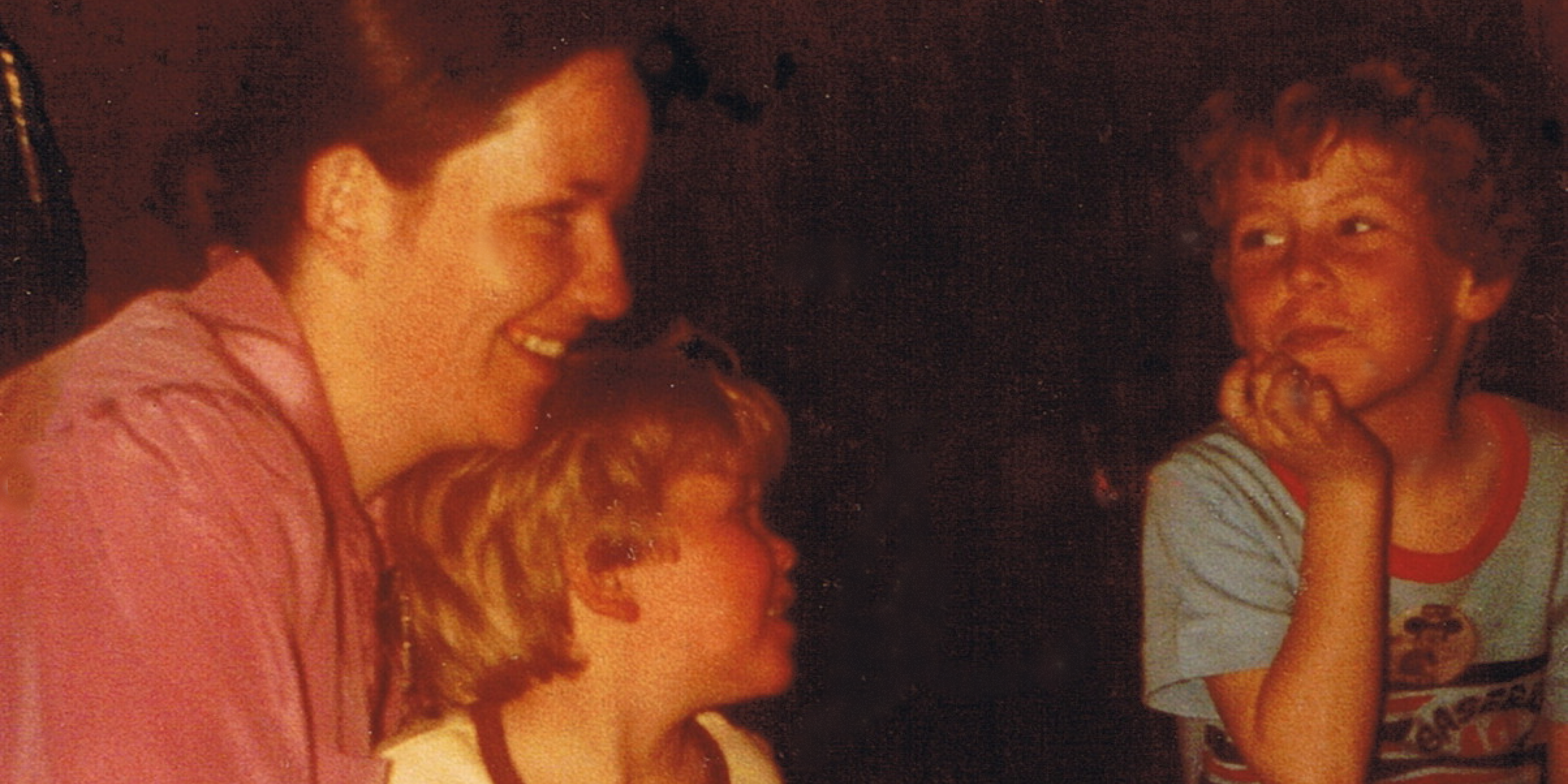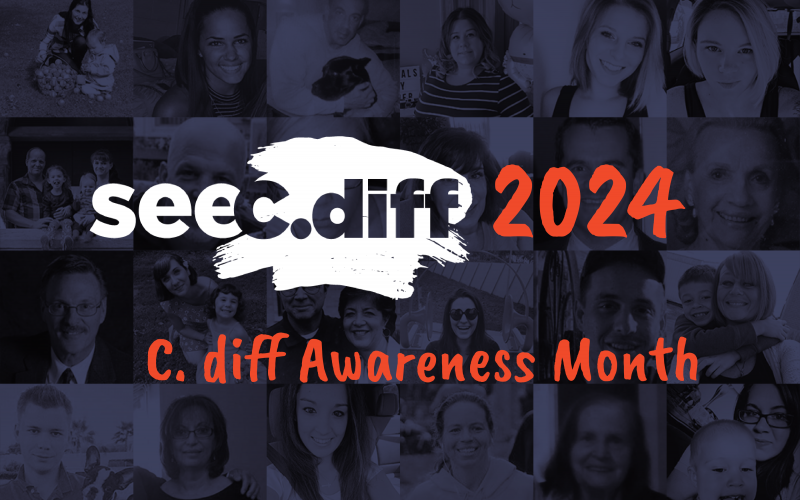
Other Categories
This is part of an ongoing series of blog posts that are part of a larger memoir project for Peggy’s life and how her values inform the work of the Peggy Lillis Foundation. – CJL
From the time I was five and she was 24, Mom was a “single mother.” I put the term in quotes because though her marriage to my father ended around 1978, between our huge Irish-Catholic family and Mom’s countless friends, she was never really alone. Unlike too many single mothers, Mom had a lot of help. My father, with whom Liam and I have had minimal contact as adults, isn’t a bad person. He wasn’t abusive to Mom or to us. He didn’t cheat. He struggled with substance abuse for most of his life. What broke our parents up was that our father couldn’t keep a job. Mom wasn’t willing to support three “children.”
Largely due to his drug addiction and wee bit of narcissism, our father did not pay alimony or child support. Whenever my grandmother would suggest Mom sue for support, Mom replied, “You can’t get blood from a stone.” That was true. My father lived in poverty most of his adult life. But sporadically over the years, our father would send money orders, usually for $20 or $25. A big deal was $100. It was never consistent and certainly not something Mom could budget for, if she had budgeted.
For most of our childhood, we were on welfare and Mom waited tables to make ends meet. Mom’s family helped out with everything from free babysitting by her parents and eight siblings to little fixes around the apartment like painting and laying floor panels to planning birthday parties for me and Liam. So when a money order – he never had a bank account – from our father appeared in the mailbox, Mom used it to do something fun with us.
A recurring treat that Mom was to take me and Liam to a Chinese restaurant where she would order us a Pu Pu Platter and herself a Zombie. Pu Pu Platters were magical to us. Liam loved the little beef patties and I was a huge fan of the Hawaiian beef on a stick. Mom would eat the (gross!) Shrimp toast. Best of all, we got to play with fire under Mom’s supervision! How cool is that?
Plenty of pundits and politicians would claim that Mom should have used that money for something important. Or she should have saved it. Being reliant on Aid to Families with Dependent Children (AFDC), which provided food stamps and a small amount of cash, in the Reagan era was to be subjected to an endless barrage of propaganda about “welfare queens.” During this same period, our political and economic elites were busy unraveling the New Deal and Great Society programs and protections that prevented us from being completely impoverished. Our whiteness and family connections meant we were not seen as “parasites” like black Americans and immigrants.
The death blow to AFDC came when President Clinton, a man my mother and I had voted for, signed “welfare reform” which ended the “war on poverty” and ushered in our current era of grotesque economic inequality. By the time Clinton betrayed the poor, Mom had become a school teacher, I was in college, and Liam had started working as a plumber. We were the last generation to benefit from the programs of FDA and Lyndon Johnson. AFDC was replaced by Temporary Assistance for Needy Families, which is not only significantly less generous than the measly support we received, the work requirements and skyrocketing costs of college make it very difficult for people today to get off welfare and into a profession like teaching or nursing.
Vulnerable communities, including the poor, elderly, disabled and people of color, are far more likely to suffer and die from preventable infections, from AIDS to C. diff to COVID-19. Early on in the pandemic, the federal government acted to help people stay or get out of poverty. Trillions were spent to “stimulate the economy.” But these were all temporary measures, and nearly all of them have been allowed to expire, forcing poor and working class families back into danger, as a bipartisan chorus cries that we must “reopen the economy.”
These cries are similar to those of the 1980s welfare “reformers.” While the Omicron variant rages, and infections and deaths in the US are at their highest since the pandemic began – despite having two highly effective vaccines – the elites are desperate to get formerly beloved essential workers, especially teachers, back to work. Teachers who object to risking a breakthrough infection that could spread to immune-compromised family members or children too young to be vaccinated, are called “lazy.”
At the same time, the Child Tax Credit, which lifted millions of children out of poverty is ending, following enhanced unemployment insurance, so poor and working class Americans are forced to choose between risking their health or risking abject poverty. In the wealthiest country on the globe, this is a moral obscenity. It’s also the logical conclusion of a pervasive ideology that poor people are not deserving of any aid or care. I have never forgotten how hard my mother worked, even with better social programs and a support network, to pull us out of poverty. Even when we had very little, Mom was generous. She’d have our friends for dinner or let a friend who needed a place to stay sleep on our couch.
When you’re poor – and despite our wonderful family and friends, we were really poor – $25 once or twice a year will not take you out of poverty. It wouldn’t have in the 1980s and certainly wouldn’t today. But it did ensure that, while money was always tight, we rarely felt poor. Sure, we had crappy clothes compared to most of the other kids at school and ran our sneakers into the ground. Still, on those special nights when an unanticipated 25 dollars found its way from Maryland to Brooklyn, sitting across from Mom sipping her cocktail in her waitress uniform, hovering speared beef and pork over a flames, we had endless abundance and the love of a mother who knew her kids deserved a treat now and then.



I’m big on small treats for bringing bursts of shear joy into life, especially when times are hard and applaud your mom for knowing how precious they are.
your Mom knew she was making memories for u and your brother with those money orders..They are everlasting and bring u joy, what a wonderful gift she gave u both.